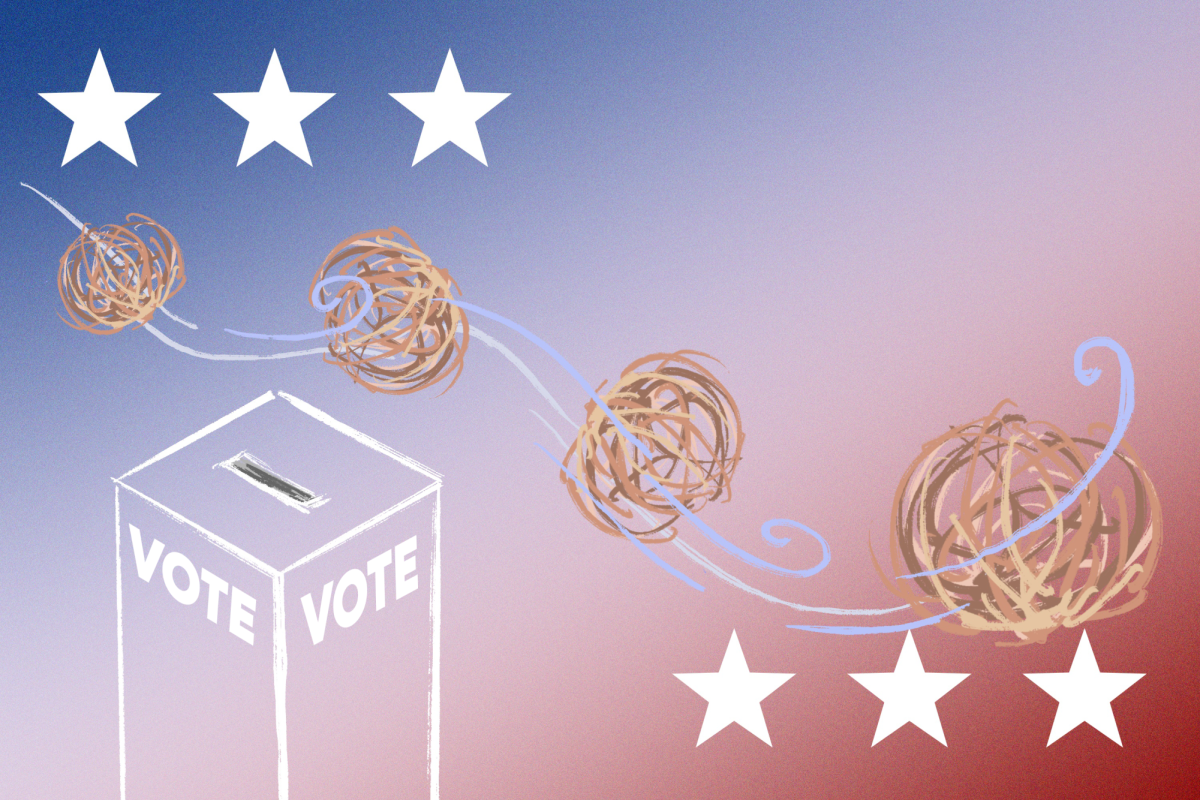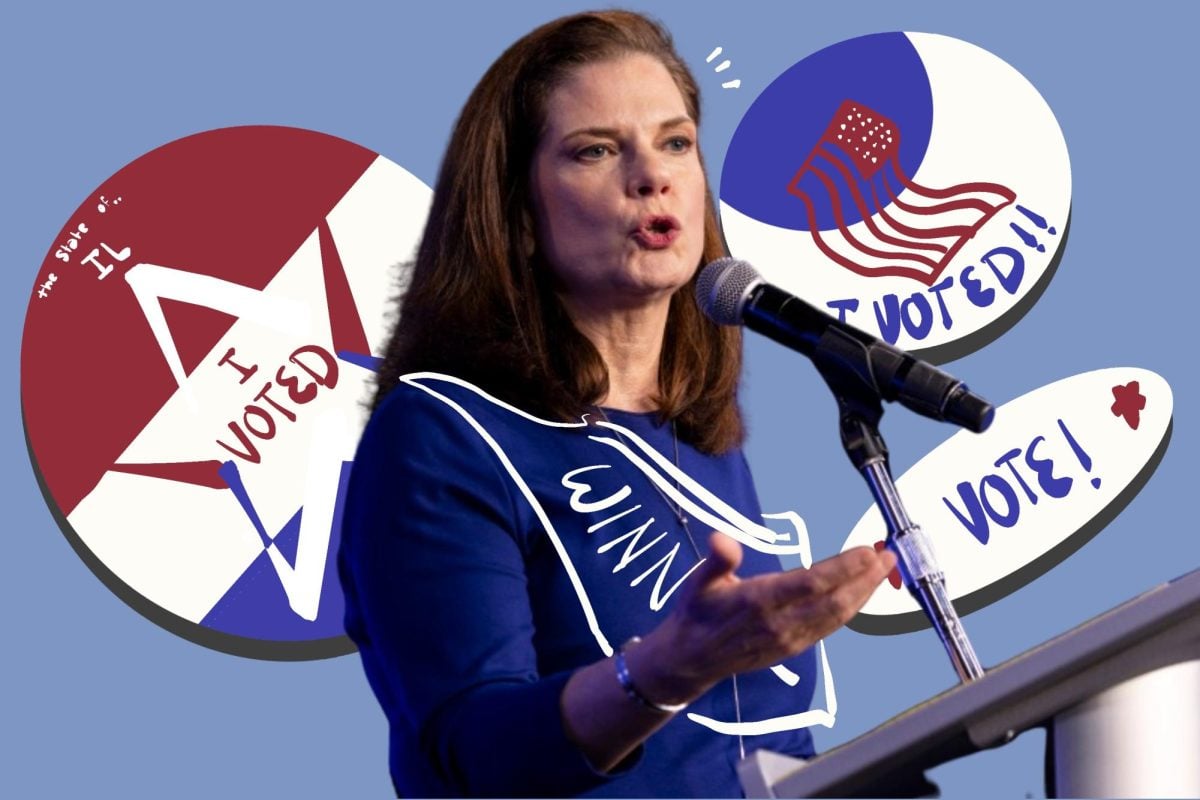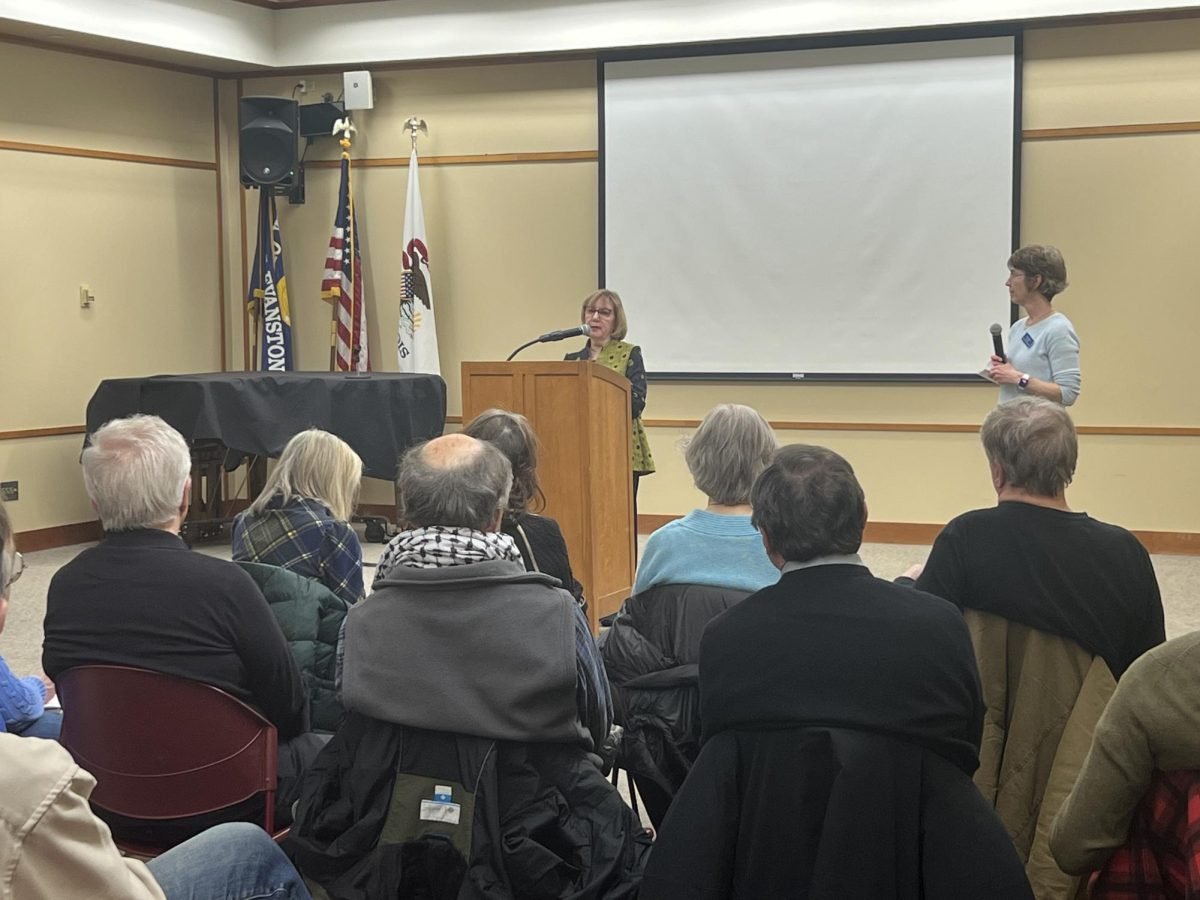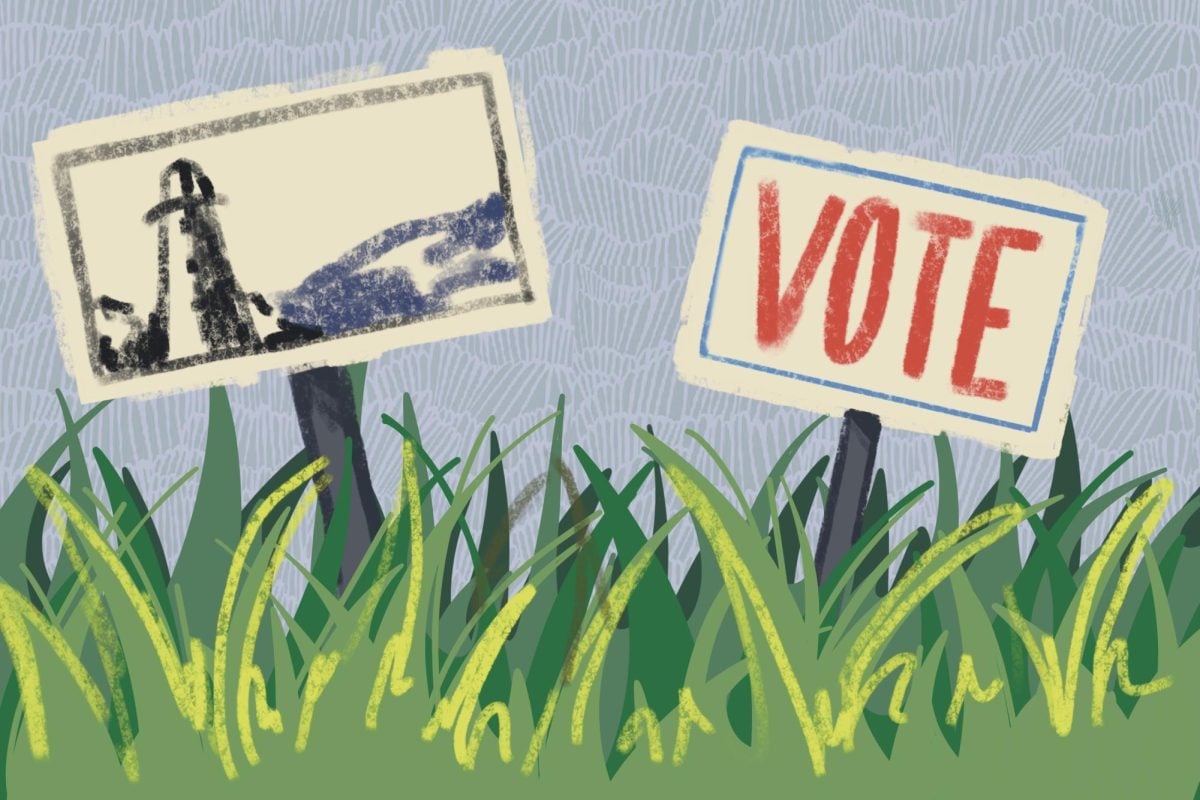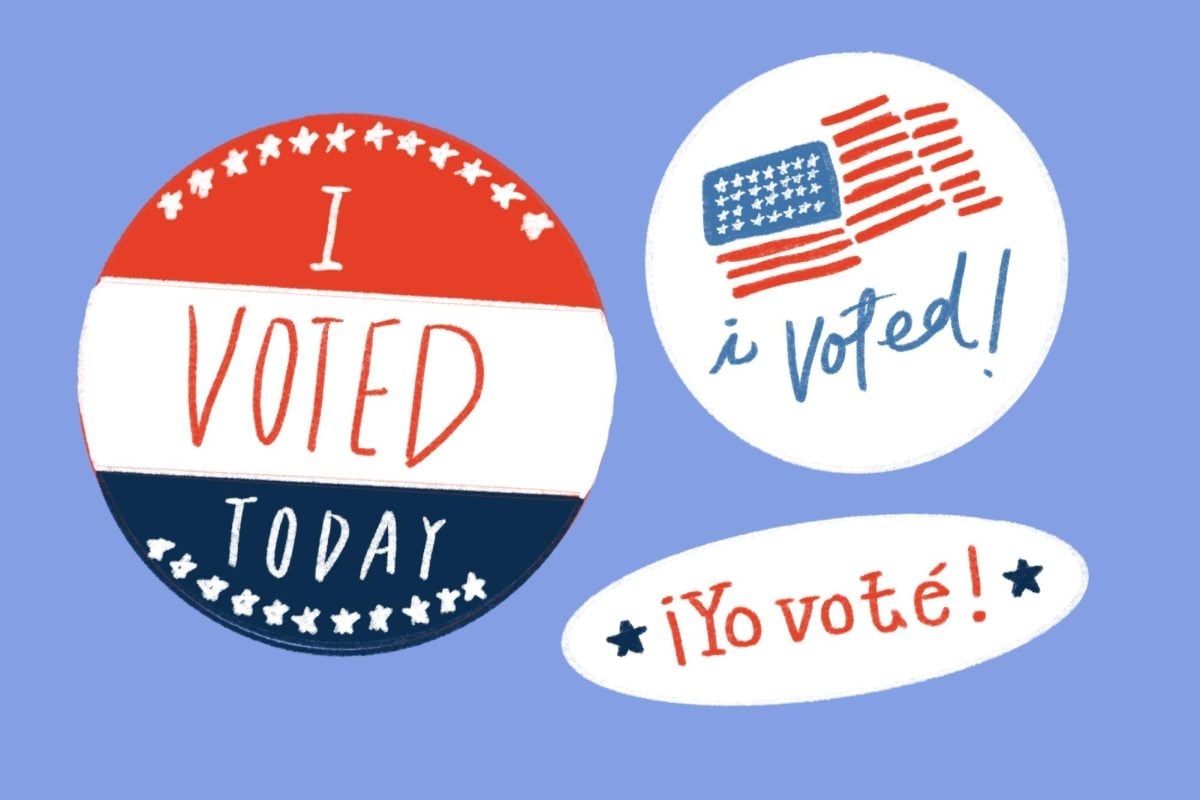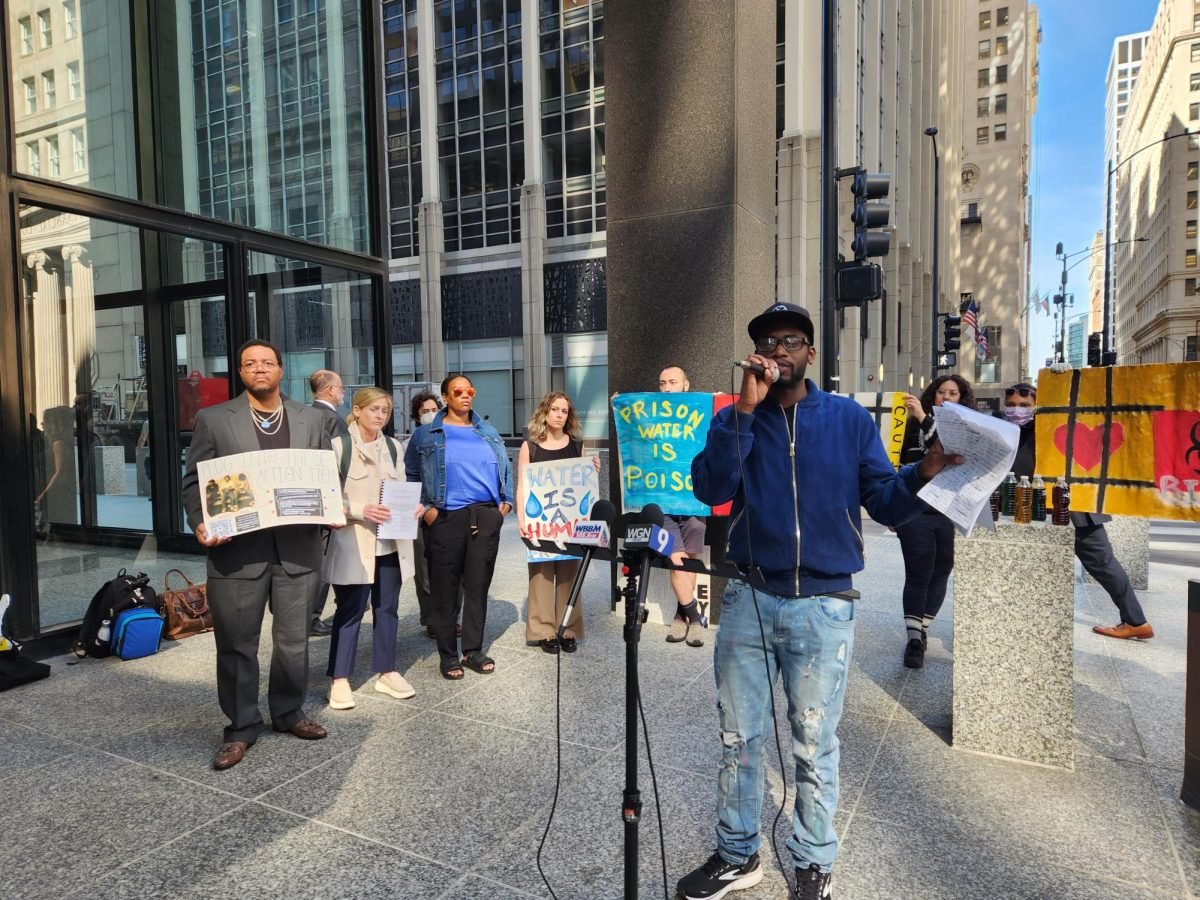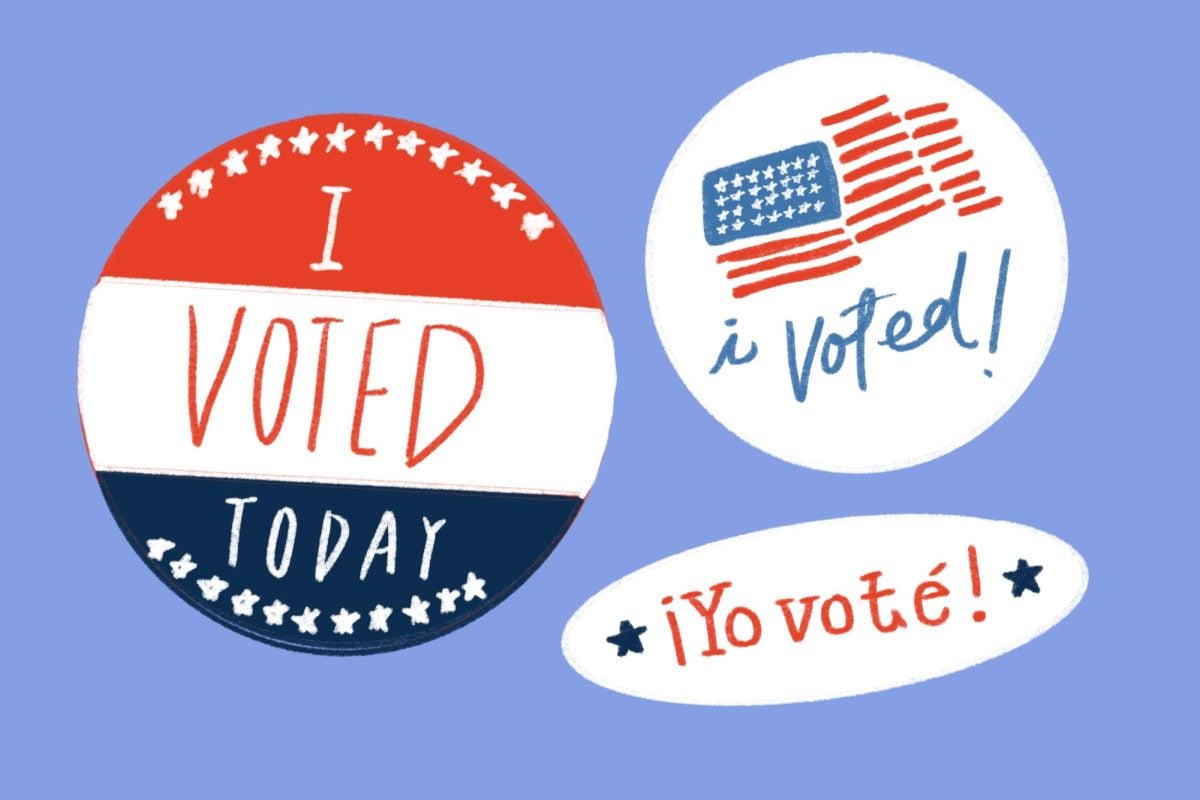An Illinois law that went into effect Jan. 1 prohibits employers from asking for access to a job applicant’s social networking accounts.
Gov. Pat Quinn signed the bill, which was sponsored by state Rep. La Shawn Ford (D-Chicago), in August.
“It was the view of the government and the bill sponsor that it wasn’t appropriate for employers to ask for this kind of information,” said spokesperson Andrew Mason from the Illinois Governor’s Office.
The law, which amended the state’s Right to Privacy in the Workplace Act, stipulates employers will have to focus on applicants’ resumes and not information found on their social media pages, Mason added.
One of many students applying to internships, Weinberg sophomore Chandler Dutton said the new law is a bit of a relief for him.
“The new law is good for my search because now I don’t have to worry that an employer will be able to see the social media activity that I have kept private,” Dutton said.
But Erin McElhenie, marketing and social media specialist at the Youth Job Center, said the law gives job applicants “a false sense of security,” because employers could find other ways to see applicants’ personal information, such as through a Google search.
Social media has always been a concern among students applying to jobs or internships, said Lonnie Dunlap, executive director of University Career Services.
Still, the law might make students more aware of the need to exercise caution online, Dunlap said.
“It might alert students that they really need to know how to use these tools so that it’s a constructive way to really enhance their job search,” he said.
McElhenie said social media has become an important tool in an applicant’s job search, but not all social networking websites should be involved when applying to a job or internship.
Sites such as Facebook should be left out of job applications altogether, she said, because even if applicants are careful about their Facebook privacy settings, their professional image may still be hindered by posts made by friends and family members.
On the other hand, Twitter and LinkedIn can give applicants an advantage when it comes to connecting with possible employers or contacting professional relationships, McElhenie said.
“Social media is a great opportunity to look for jobs if you use it correctly,” she said.
Ultimately, McElhenie said, the law will protect applicants’ privacy more than before. Dutton, too, said he recognized the new bill as an important change in the application world.
“I think it is good because I don’t think employers knowing about potential employees’ personal information does anything but create a more unhealthy relationship between employers and employees.”
Though it is too soon to tell if the ban on employers asking prospective employees for social media access will have an impact on an applicant’s job search, at least one Northwestern student is not making any changes.
Although she agrees the new law is a positive measure for applicants, Medill junior Shelly Tan said she will remain professional on all her social networking accounts.
“In the end, if you don’t want someone to see something, don’t put it online,” she said.








